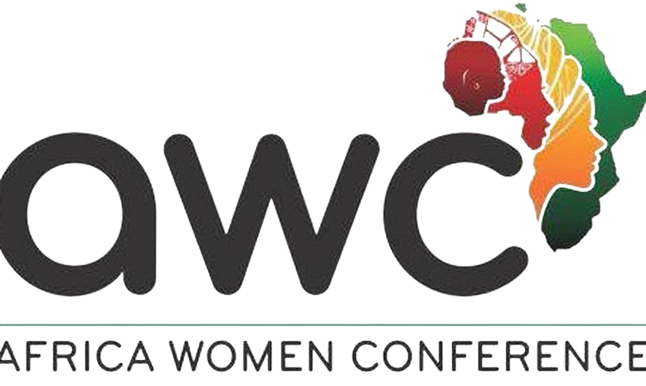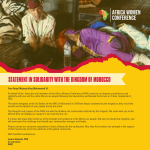
The death of a spouse is considered one of life’s most devastating experiences. When a person loves a spouse, the fear of death, adverse health challenges spring up.
Widowhood is a stare of being a widow or widower. The loneliness of widowhood can be an overwhelming and deeply emotional experience for those who have lost their life partners.
Widows in Africa are faced with extreme discrimination, stigma, economic insecurities and oppression. Widows are often denied the rights to their spouse’s properties. Their children are taken away from them sometimes.
When a woman experiences the passing of her husband, she’s forced to carry out some harmful traditional practices like shaving off the hair on her head and pubic areas, cutting of finger and toe nails, drinking the remains of bath water used to wash the husband’s corpse and even have sex with any man selected for her by the village.
Widowhood practices and inheritance rights in Africa have significant social and economic implications for women.
This article examines the impact of widowhood practices and inheritance rights on women in various African societies, shedding more light on the challenges they face in order to promote awareness, advocate for change and contribute to the ongoing efforts to empower women.
- Economic vulnerability: In many African countries, widows are stripped off inheritance rights. The lack of access to properties and assets left behind by their deceased husbands often lead to financial hardship rendering them unable to provide for their families or secure basic necessities.
- Loss of livelihood: Widows are often denied the right to inherit lands, businesses or other income sources, leaving them without the means to support themselves and their families. This has pushed so many widows into extreme poverty or low paying informal jobs making it difficult to break free from the cycle of poverty.
- Impact on Education: Widowhood practices can make it hard for widow’s children to go to school. Without enough money, education becomes too expensive, limiting opportunities for the next generation and keeping the family stuck in poverty.
- Social Isolation and discrimination: After their husbands pass away, widows are often treated badly by their communities. Immediate family members avoid them, treat them unfairly or accuse them for their husband’s death. This makes widows feel sad, alone and unsupported, which can be very hard for them emotionally.
- Vulnerability to exploitation: Widows are at a risk of being taken advantage of because they are economically vulnerable and socially isolated. People in their communities or from outside may force them to work in unfair conditions, pay them less than they deserve and deny them legal protection.
- Health and wellbeing: Widows’ health and well-being stuffer because of the stress and emotional trauma of dealing with loss and difficulties. They may also face problems accessing healthcare and proper nutrition, making life harder and affecting their overall wellbeing.
Gender inequality and discrimination continue to perpetuate the vulnerabilities faced by widows, impacting their economic wellbeing, social standing and overall quality of life.
Urgent action is required to challenge traditional norms, enact legal reforms and create supportive environment that empower widows to lead dignified and independent lives.

